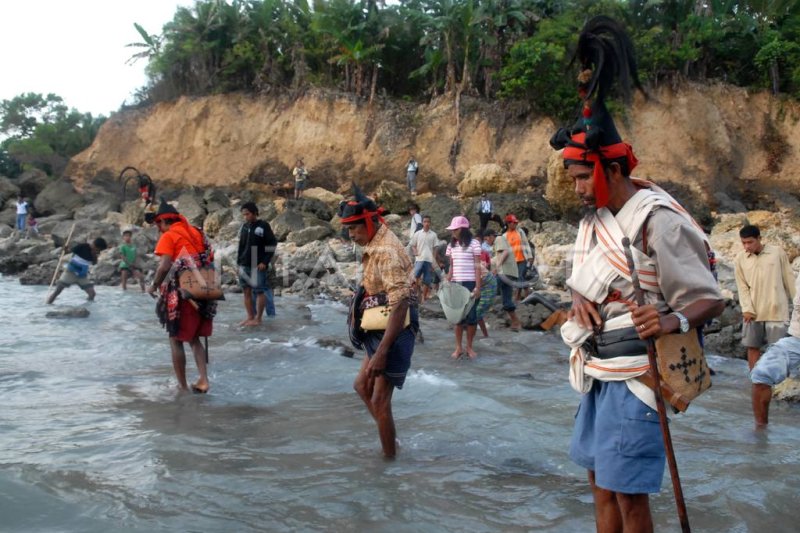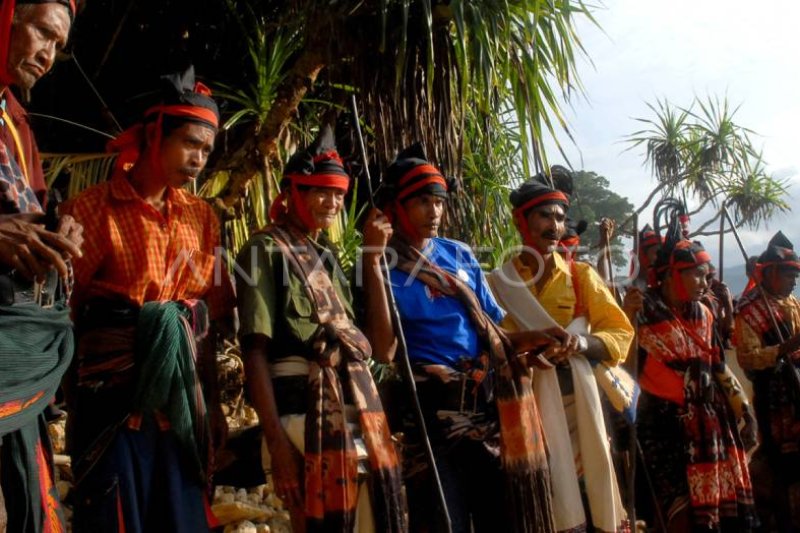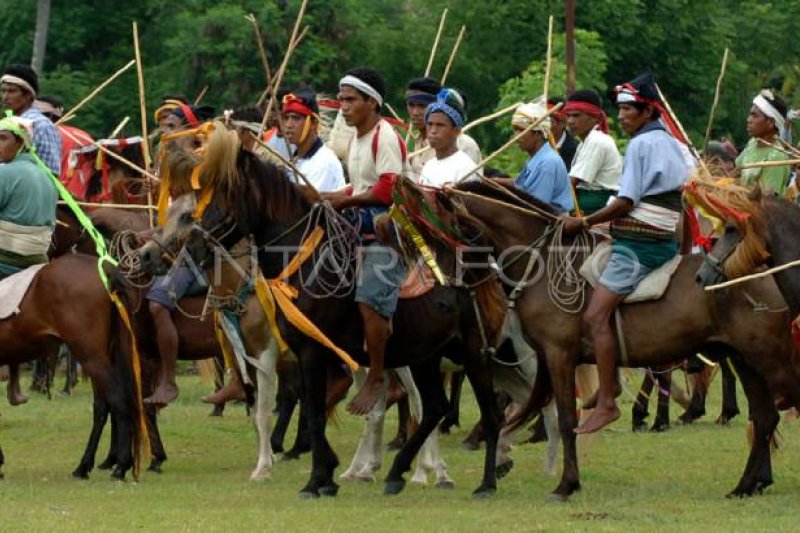Unlike most people who hated wars, Sumbanese held an annual tribal ?war? as a part of their obedience to their ancestors.
The pasola ?war? tradition was started with the ritual of finding ?nyale? or sea worms, which were only existed on the coastlines of the savannah-covered island.
After the ?Rato? or tribe elders gave orders and cast spells, men started to lash their horses, directed them to face against the other tribe members, and held up their ?sola? or spears, to be thrown to their opponents.


Regardless of the sunray and the heat of the coastal sands, the Merapu believers who worshipped their ancestors kept pacing their horses and threw their spears to hit their opponents.
Despite the risk of injury, or even death ? which occasionally happened in Pasola ? it was a big honour for men to take part in the Pasola. And those who were reluctant were considered to bring bad luck to their families.
And even though the blood was often shed in Pasola, there were no vengeful feelings carved in the hearts of those men. ?For pasola, bloodshed is fine, even death is no longer a problem?, said Ofan, a Sumba man as he watches other men throwing their spears.


If there were any bloodshed or lives gone, the deeds would be paid at the war field of Pasola next year around February or March. Pasola itself had become a potential cultural attraction which needed an intensive attention from the government, so that the event could give additional advantages for the people who live in Sumba, the island of dead souls.
Photo & Story By Fouri Gesang Sholeh





